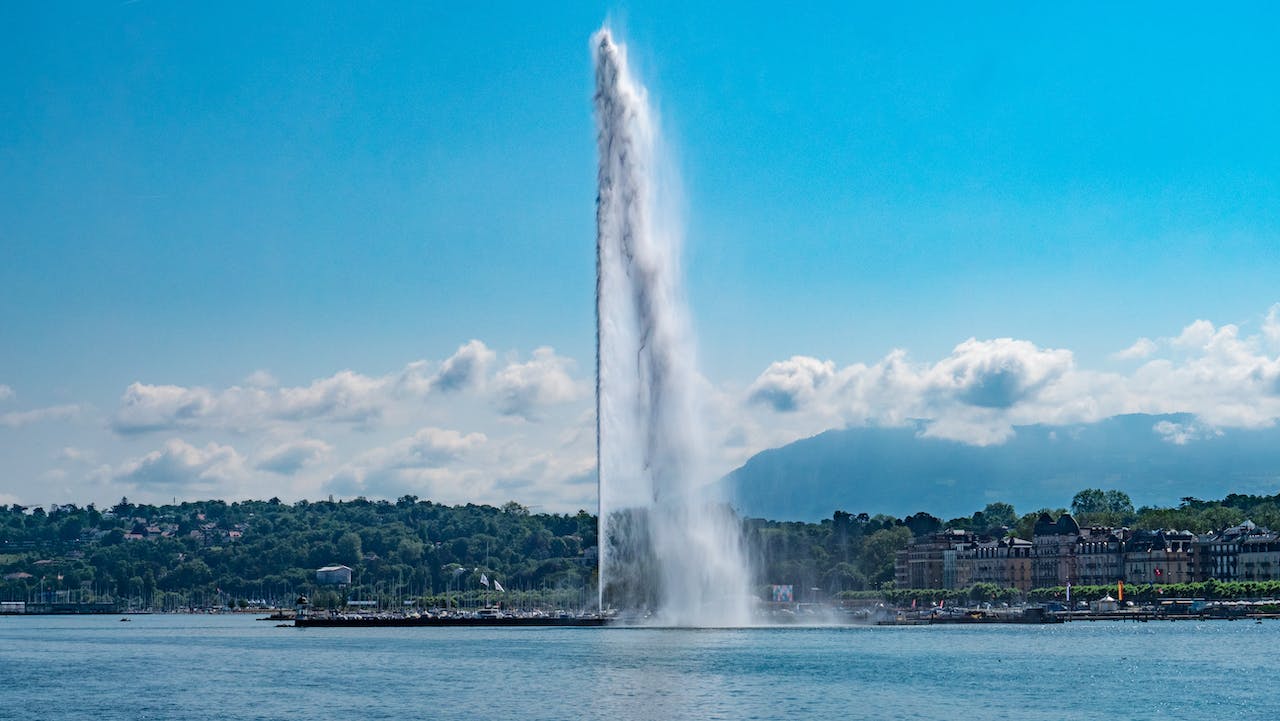Switzerland is a popular destination for seasonal workers, especially during the winter. As this category of foreigners remains in the country for three to four months at a time, they are subject to short term work authorisations.
Authorisations to be delivered to European citizens are regulated by the Agreement on the Free Movement of Persons (AFMP). European citizens wishing to stay and work in Switzerland for a maximum of three months over a period of a year do not need an authorisation (art. 6 ch. 2 AFMP). However, they must declare their arrival in the canton within 14 days.
If a EU worker wishes to stay and work in Switzerland for a period of three months to a year, he/she must apply for a short-stay authorisation (L permit). The authorisation will generally by granted for the length of the short-term contract (art. 6 ch. 2 AFMP). An L permit can be prolonged up to 12 months. To be able to stay and work in Switzerland for more than a year with an L permit, it must be renewed. This can be done as many times as necessary for EU citizens. The applicant may start working while he waits for his permit to be delivered (art. 6 ch. 7 AFMP).
Non-European citizens working rights are regulated by the Federal Act on Foreign Nationals and Integration (FNIA). They must apply for a short-stay authorisation (L permit) for any length of stay that does not exceed a year (art. 32 al. 1 FNIA). The amount of L permits is limited and the employer must therefore prove that no one else on the Swiss or European market was suitable for the job, the position must be advertised first.
Non-European citizens planning to work in Switzerland for up to four months over a period of a year can be granted a D visa, which regulates their entrance and their stay in Switzerland. The precedence of national or European workers still applies. An L permit may be extended up to two years (art. 32 al. 3 FNIA). To renew an L permit, the applicant must have spent a year abroad between both authorisations (art. 56 al. 1 OASA). However, to renew a four month authorisation, the required time spent abroad between both permits is of 2 months (art. 56 al. 2 OASA).
A typical seasonal work area in Switzerland concerns snow sports instructors and hotel staff. Non-European citizens can access this sector within the work market limits and as long as there is a local touristic offer. Furthermore, the activity in question must form part of a longstanding tradition in the applicant’s home country.
British citizens form a special category of foreigners. According to the Brexit agreement between Switzerland and the United Kingdom, British citizens holding a Swiss permit before the 31st December 2020 are under the protection of acquired rights, thus still benefiting from the AFMP. Any permit applications made after this date will be regulated by the FNIA. For the second category, there are however favourable quotas applied for the granting of L permits of a period exceeding four months.
British citizens applying for a Swiss work permit for the first time, like other non-European citizens, can come to Switzerland on a Schengen visa for three months but aren’t allowed to work (art. 10 al. 1 FNIA). Although British citizens have seen their options restricted due to Brexit, they can still obtain a work permit for their seasonal work in Switzerland. The worker must first find an employer and hold a work contract, then it is up to the employer to request the appropriate seasonal work authorization on their behalf.
08/12/21 – Amélia Rauss, Legal Expat




